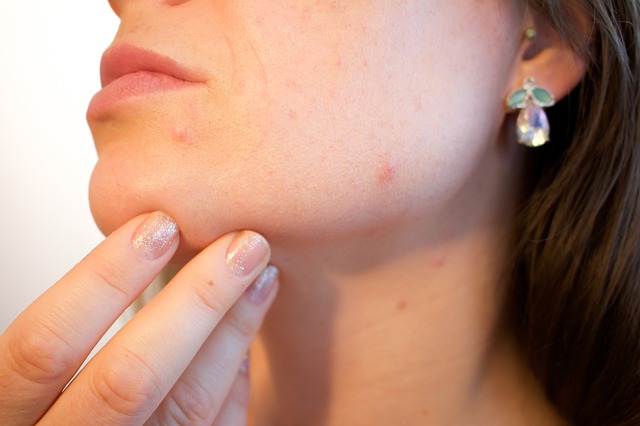PEARLS FROM THIS SESSION – collected by Misty Eleryan, MD
We must remember that ALL acne is hormonally sensitive in females, so many patients could benefit from some form of hormonal therapy. Patients with hyperandrogenism, late-onset or persistent (greater than age 25yrs), prominence of acne on the lower face and neck, perimenstrual flare, comedonal acne with seborrhea, resistant to “conventional” therapies, and those who do not want to take repeat isotretinoin are those you should seriously consider hormonal therapy for. Combined oral contraceptives are still proving to be the most effective treatment in patients with hormonal acne. Make sure to tell patients that it will take at least 3 months to notice a reduction in lesions.
You should consider spironolactone in patients on combined OCPs that are still not controlled. Also, patients with contraindications to combined OCPs or those unable to afford/take/access to other acne medications are great candidates for this inexpensive medication. Just keep in mind that renal insufficiency, pregnant patient, those on potassium-sparing agents, and college or professional athletes should not be prescribed spironolactone. It is on the banned substance list for NCAA, Olympics and other professional leagues.
In patients with mild acne (comedonal or a few papules/pustules), topical retinoids +/- topical antimicrobials.
For those with moderate acne (multiple papules/pustules or few nodules), oral antibiotics + topical retinoids +/- benzoyl peroxide should be your first choice of treatment. However, for females, you should consider an oral antiandrogen.
Patient with severe acne (nodular/conglobate), oral isotretinoin should be your first choice. However, once again, alternative therapies in female patients unwilling to try isotretinoin, high dose oral antiandrogen + topical retinoid + topical antimicrobial could be considered.
Did you enjoy this post? Find more pearls from ODAC 2018 here.

